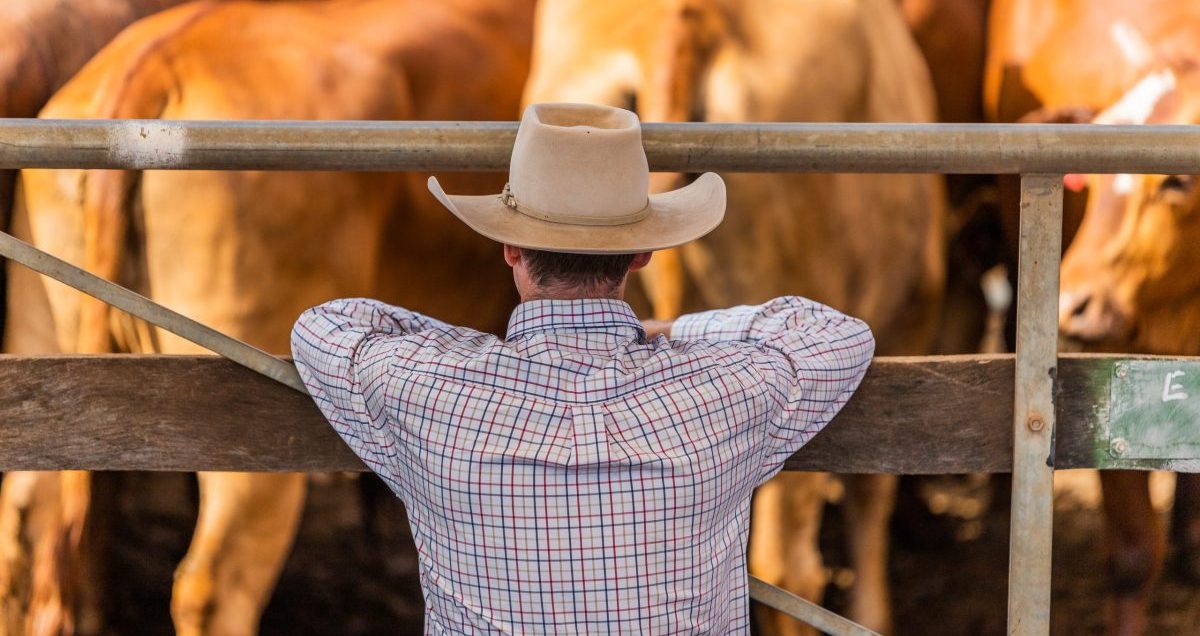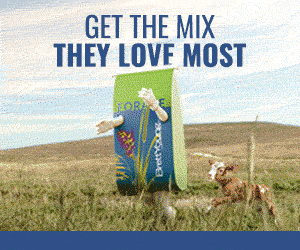AB Direct - Steers
Rail: 530.00-535.00 del
AB Direct - Heifers
Rail: 530.00-535.00 del
US Trade- Steers
Rail: 382.00-384.00 (NE, IA)
US Trade - Heifers
Rail: 382.00-384.00 (NE, IA)
Canadian Dollar
0.20

Consider HPAI for show and auction season
As show and auction season gets underway, the risk of Highly Pathogenic Avian Influenza (HPAI) is a consideration for exhibitors and organizers. Since early 2024, HPAI (H5N1) outbreaks have occurred in dairy cows across several states. While there haven’t been any confirmed cases in Canada, it’s important to know the biosecurity measures to keep it that way.
Canadian Food Inspection Agency (CFIA) is advising against Canadian cattle traveling to and participating in agricultural exhibitions in the U.S. due to HPAI risk.
To further protect cattle from HPAI, the CFIA is recommending avoiding exhibitions if cattle or poultry from affected regions are participating. You can check the U.S. Department of Agriculture’s website for updates on HPAI detections in livestock.
Exhibitors who choose to travel to the U.S. need to be aware that testing requirements may vary by state and event. Contact exhibition organizers to understand the specific requirements before leaving Canada.
A certificate is required for Canadian cattle in the U.S. for less than 60 days. Make sure you have the necessary documentation, including the USDA-APHIS certificate, which outlines the requirements for cattle returning to Canada.
Upon returning to Canada, dairy cattle must be isolated according to the Biosecurity for Canadian Dairy Farms: National Standard. Additional measures include bulk tank testing and individual testing of imported cattle. Results of these tests must be shared with your CFIA district office.
It’s recommended to isolate beef cattle for 21 days after their return to Canada, following the Canadian Beef Cattle On-Farm Biosecurity Standard.
Good biosecurity practices are essential to prevent the spread of HPAI. This includes:
- isolating new or returning animals,
- maintaining clean facilities, and
- closely monitoring your herd’s health.
If you suspect HPAI in your cattle or any other animals, report it immediately to your local CFIA office or district veterinarian under the Health of Animals Act.
Animal Health Canada also recommends event organizers have a veterinarian on-site or on-call to handle any animal health concerns or emergencies at a show., and restrict access to animal areas to authorized personnel only and monitor entry points to prevent unauthorized access.
Stay informed and take the right steps to protect your cattle, ensuring your herd stays healthy and safe during show and auction season.


